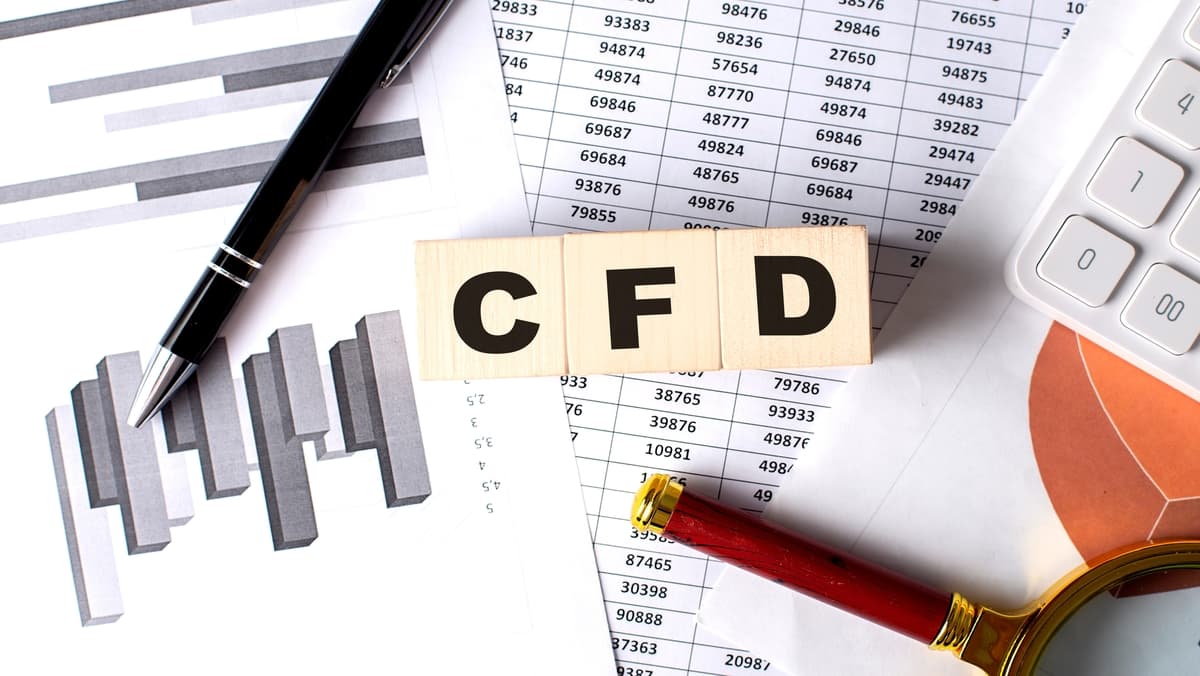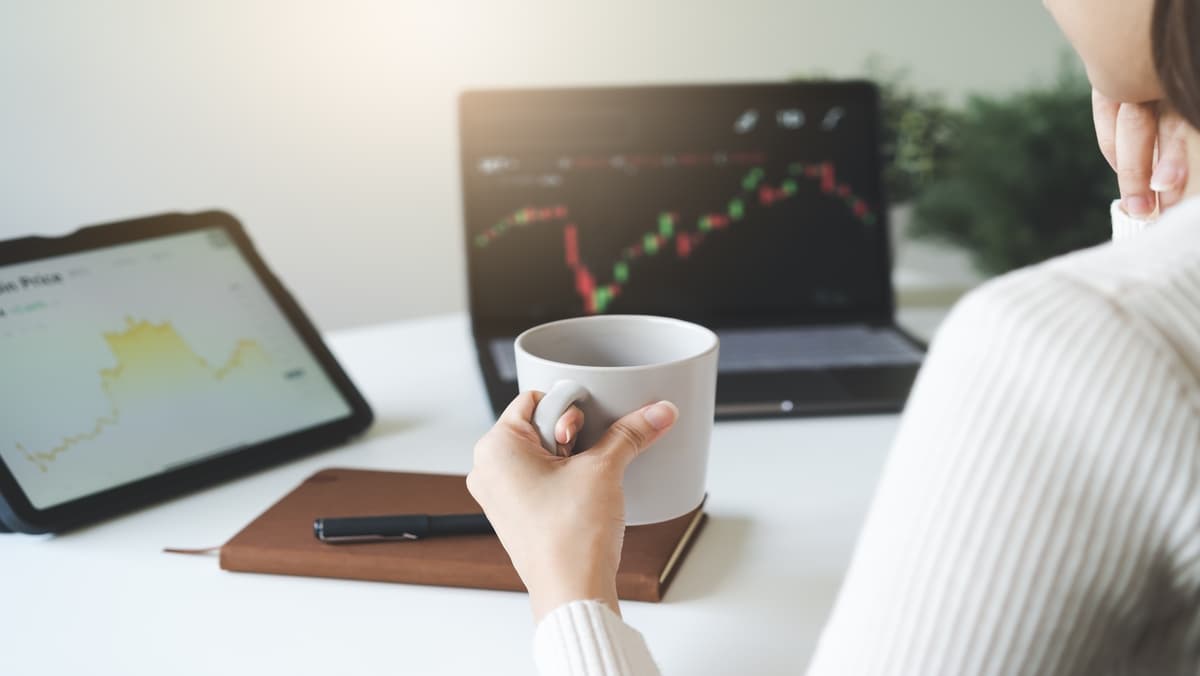Monday Sep 2 2024 08:44

4 min

CFD leverage is the ability to trade contracts for difference without paying for the full value of your position upfront. Instead, you only need to have a smaller amount of money in your account to open a position that’s worth more.
While leverage can be a useful tool for retail traders, it will also increase your risk. So, before you start trading on leverage, it’s a good idea to learn how it works – and how to manage risk using stop losses.
Margin in trading refers to the amount of capital required to open and maintain a leveraged position in instruments like CFDs (Contracts for Difference) and spread bets. By trading on margin, you can gain full market exposure while only providing a fraction of the trade’s total value upfront. The margin requirement is typically expressed as a percentage of the trade's full value.
There are two key types of margin in trading: initial margin and maintenance margin. The initial margin, also known as deposit margin, is the amount needed to open a position. Maintenance margin, on the other hand, is the capital that must remain in your account to support the current value of the position and cover any ongoing losses.

Margin allows traders to open CFD positions for a fraction of the full value, rather than paying the entire position upfront. A key advantage of margin is that it can significantly amplify your returns if the market moves in your favor. However, this also carries the risk of magnifying losses if the market moves against you, in the same way that it boosts gains.
1. Trade with only a small portion
Trading on margin allows you to open a position by committing only a portion of the total trade value upfront. The required margin is set by your trading provider and varies based on the specific derivative and market being traded.
2. Different levels of leverage
Markets with higher volatility or larger positions often demand a higher margin. The margin requirement also indicates your leverage. For instance, a 5% margin requirement equates to a 20:1 leverage, while a 10% margin requirement means the leverage is 10:1.
3. extend your capital
Margin can amplify your potential profits because any gains are based on the total value of the trade, not just the initial deposit. Trading on margin allows you to extend your capital, enabling you to diversify across multiple markets and take on a broader range of positions.
4. Gain full market exposure
Trading with leverage allows you to gain full market exposure by depositing only a small portion of the total trade value. For CFD traders, this frees up capital that can be used for other opportunities. In the example above, instead of paying the full $45,000, you might only need to deposit 5%, or $2,250, to open the position.
Margin and leverage in CFDs provide traders with the ability, flexibility, and increased risk of controlling a larger position with a smaller cash outlay compared to an unleveraged investment. This leverage works both ways, offering the opportunity for amplified profits, but also the possibility of equally magnified losses.
When considering shares, indices, forex (foreign exchange) and commodities for trading and price predictions, remember that trading CFDs involves a significant degree of risk and could result in capital loss.
Past performance is not indicative of any future results. This information is provided for informative purposes only and should not be construed to be investment advice.